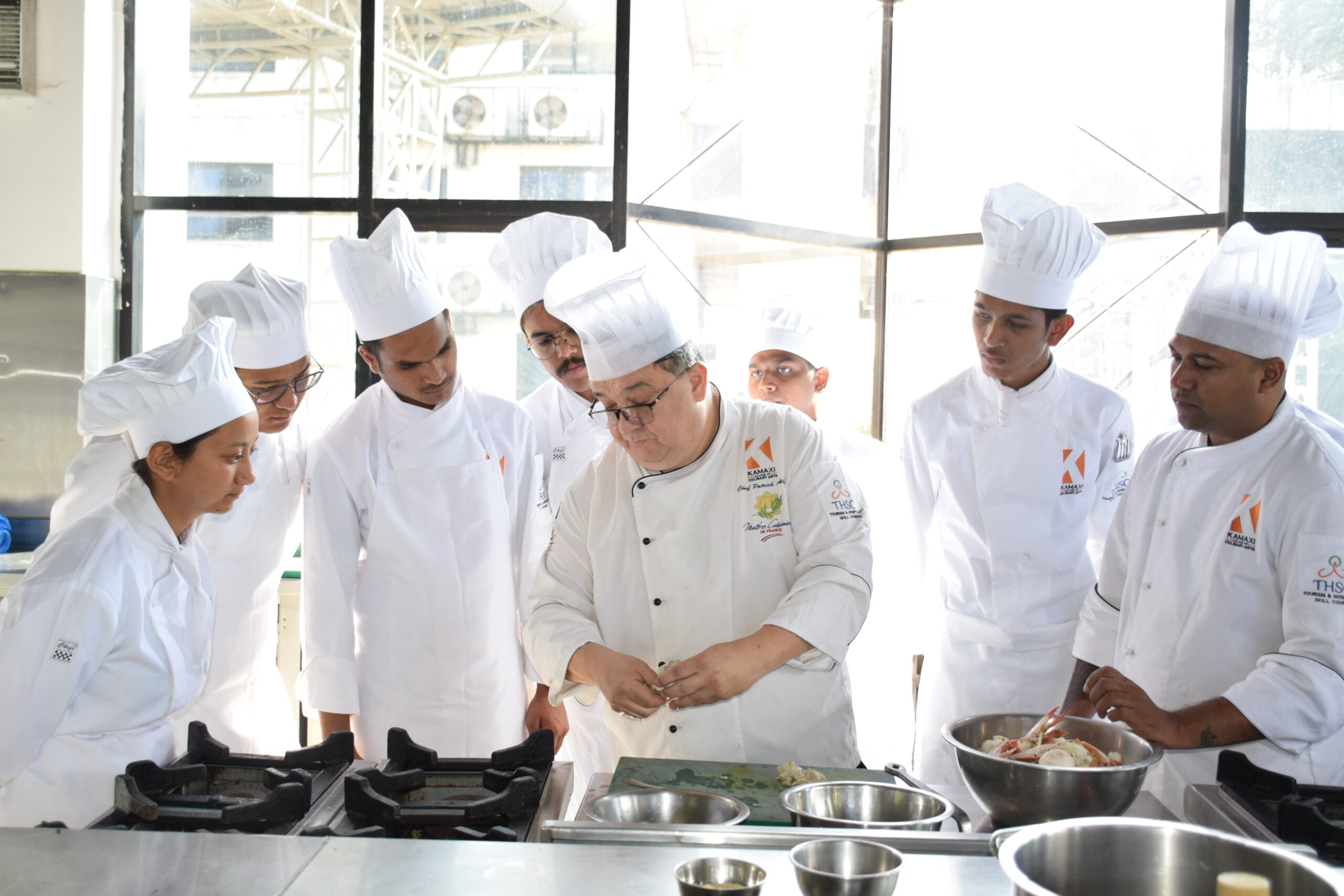More and more youth are realising that traditional education alone doesn’t guarantee a job anymore. As World Youth Skills Day 2025, on July 15, makes a strident call for youth empowerment, ItsGoa shines the spotlight on stories of young individuals in Goa branching out into different sectors, reflecting a shift from traditional education to skill-based learning.
As Goa celebrates World Youth Skills Day, most aspirational young professionals are slowly giving up on the age-old and outdated notion that traditional learning is sufficient to help them land a secure job.
In an age of rising competition, young people are increasingly aware of the need to keep up. With evolving education patterns and a range of modern techniques, Goa is home to several upskilling institutions that can help them get there. And this shift in approach comes at a critical time too.
The Graduate Skill Index 2025 by Mercer-Mettl reveals that only 42.6 percent of Indian graduates are considered employable, not for lack of applicants but due to a lack of job-ready talent. Real-world, skill-based learning is becoming the bridge between ambition and opportunity, whether in the domains of digital consultancy, healthcare, aviation or culinary education.
Riya Verlikar, a trainee software engineer at Kilowott, a Porvorim-based software company, shares how building digital platforms is helping her career, at a time when the internet is redefining businesses and their outreach.
“Training in web technologies and PHP has helped me understand how digital platforms are built and optimised to address businesses better,” says Verlikar, emphasising how minute design and functionality can improve user engagement and client experience. According to her, knowing how to apply practical skills like coding, debugging or working with any CMS platform helps you stand out. “It’s not just about learning those skills, it’s about proving how you can solve real-world problems. Skill-based learning has made me feel more confident and prepared me to work in fast-paced environments.”
Laxman Koranga, 28, with a background in computer applications, found inspiration in his brother, who was in the hospitality sector. Unhappy with his choice in software, he pursued culinary education at International Culinary Programme & Kamaxi Skills, mastering foundational techniques. It’s the new-age culinary skills like zero-waste cooking and sustainability that excite him.
“When they started teaching us plant-based and zero-waste techniques, I realised this is the future of cooking. We’re being trained for a better food system.” Laxman sees his future full of growth. “In five years, I want to be a chef de partie in a reputed kitchen. Later, maybe even launch my own business after I gain more experience.” His journey reflects a broader trend in culinary education, building entrepreneurs, not just employees.
In a home where busy hands did the talking, Atul Ulhas Chari was an apprentice in his father’s fabrication and carpentry workshop. Over time, he learnt welding, wood-turning and operating lathe machines, skills that made him technically inclined long before he knew what engineering stores meant. At FLY91, a Goa- headquartered airline, he began as a driver, but his career took flight when the airline’s MD and CEO Manoj Chacko and COO Chenna Reddy noticed his skill. Gradually, he was given responsibilities with the ground operations team, assisting with line maintenance.
It wasn’t long before he was transferred to the engineering stores department, where he helps manage aircraft components and ensures timely dispatches to the technical team. Today, he says proudly, “I used to change a WagonR tyre. Now, I can change an aircraft tyre in under 45 minutes.” Currently working night shifts from 8 pm to 8 am, Atul manages inventory, monitors maintenance schedules and prepares essential equipment. Soon, he’ll be transitioning into the Ground Support Equipment department, further expanding his skillset.
Dr Ankit S Nair, a postgraduate in Internal Medicine at Healthway Hospitals, Old Goa, believes modern medicine needs more than textbook knowledge. “You need strong clinical reasoning, the ability to analyse investigations and a curious, problem-solving mindset,” he says. Initially hesitant about a medical career due to a fear of mathematics, Dr Nair developed an interest in biology, particularly because no one in his family had pursued medicine. Now, he is passionate about using modern tools to diagnose and treat patients more effectively. “We live in an era where evidence-based medicine, modern imaging and targeted therapies enable us to treat patients with precision. It’s no longer guesswork, it’s strategy.”
He recalls a moment during his internship when these skills came into sharp focus. “A patient had been going from hospital to hospital without a clear diagnosis. Using a combination of clinical judgement and advanced imaging, we were able to identify the issue. It was a powerful reminder of how new techniques, when applied with care, can change someone’s life.”


